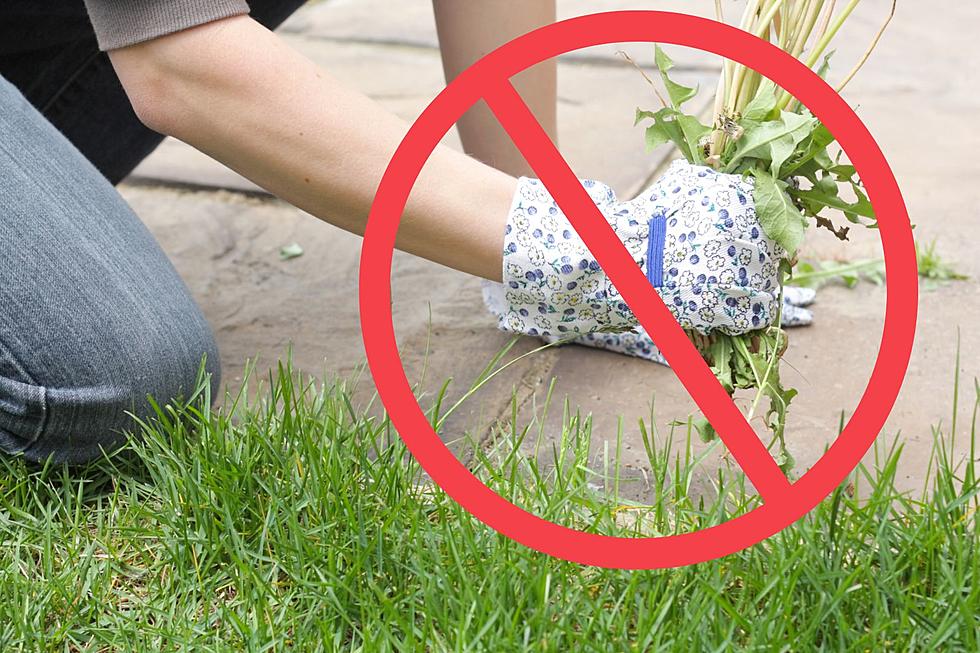
Case of West Nile Virus Contracted in Vanderburgh County
Protect yourself!
As of August 6th, one case of West Nile Virus has been reported in the Vanderburgh County area. State healthcare officials are urging everyone to take precaution when spending time outside as mosquito activity is up this time of year.
Evansville 411 shared this on their page today:
State health officials are urging Indiana residents to take steps to protect themselves from mosquito bites amid an increase in West Nile virus activity across the state.
As of August 6, one human case of West Nile virus disease has been detected in Vanderburgh County, and 168 mosquito samples in 27 Indiana counties have tested positive for West Nile virus. The Indiana State Department of Health (ISDH) expects to continue to see increased West Nile activity throughout the state as the mosquito season progresses.
“This is the time of year when people are at greatest risk for West Nile virus disease,” said State Health Commissioner Kris Box, M.D., FACOG. “All Hoosiers should take precautions to prevent mosquito bites. You can also reduce the risk for yourself and your neighbors by eliminating mosquito breeding grounds from your property.”
State health officials recommend the following preventive measures:
• Avoid being outdoors when mosquitoes are active (especially late afternoon, dusk to dawn and early morning)
• Use an EPA-registered insect repellent containing DEET, picaridin, IR3535, oil of lemon eucalyptus or para-menthane-diol on clothes and exposed skin
• Cover exposed skin by wearing a hat, long sleeves and long pants in places where mosquitoes are especially active, such as wooded areas
• Install or repair screens on windows and doors to keep mosquitoes out of the home
Even a container as small as a bottle cap can become a mosquito breeding ground, so residents should take the following steps to eliminate potential breeding grounds:
• Discard old tires, tin cans, ceramic pots or other containers that can hold water
• Repair failed septic systems
• Drill holes in the bottom of recycling containers left outdoors
• Keep grass cut short and shrubbery trimmed
• Clean clogged roof gutters, particularly if leaves tend to plug up the drains
• Frequently replace the water in pet bowls
• Flush ornamental fountains and birdbaths periodically
• Aerate ornamental pools, or stock them with predatory fish
West Nile virus can cause West Nile fever, a mild form of the illness, which can result in fever, headache, body aches, swollen lymph glands or a rash. Some people will develop a more severe form of the disease affecting the nervous system, including inflammation in the brain and spinal cord, muscle paralysis or even death. People who think they may have West Nile virus should see their healthcare provider.
To see the latest results of ISDH’s mosquito surveillance program, go to https://gis.in.gov/apps/ISDH/Arbo/. To learn more about West Nile virus, visit the ISDH website at https://www.in.gov/isdh/23592.htm.
For important health updates, visit the ISDH online at www.in.gov/isdh and follow us on Twitter at @StateHealthIN and on Facebook at www.facebook.com/isdh1.
Obviously, the main goal is to protect yourself and visit a doctor if you begin to fill ill.
More From WDKS-FM





![Louie Smiles in Every Photo Because He’s a Hap-Hap-Happy Boy! [Warrick Humane Society Pet of the Week]](http://townsquare.media/site/74/files/2024/04/attachment-LOUIE-WHS.jpg?w=980&q=75)



